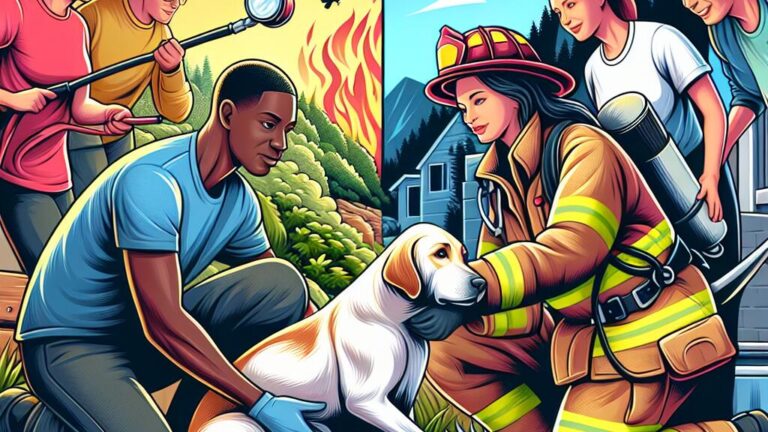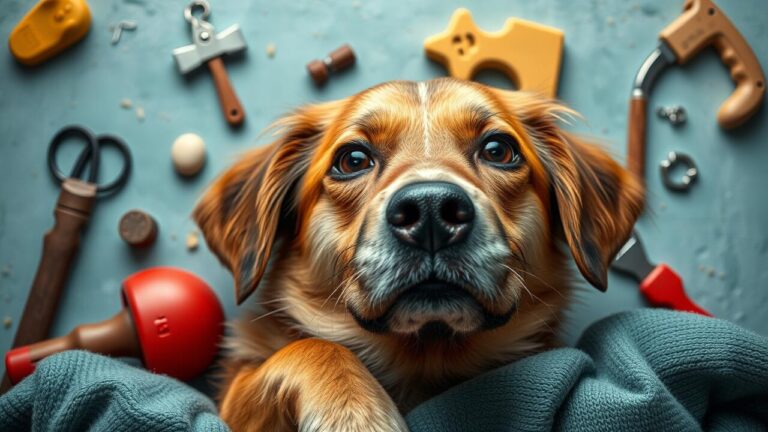How to Socialize Dogs for a Dog Rescue
Setting Realistic Goals for Dog Socialization
When setting realistic goals for dog socialization in a rescue environment, it is crucial to consider the individual history and temperament of each dog. Not all dogs will progress at the same rate, so it is important to tailor goals to match the specific needs and abilities of each canine resident. By taking an individualized approach, you can set achievable milestones that will help guide the socialization process effectively.
It is also essential to be flexible in your goal-setting approach. While it is important to have a general framework in place, being open to adjusting goals based on each dog’s responses and progress is key to successful socialization. By regularly assessing and reevaluating the goals you have set, you can ensure that they remain realistic and attainable, leading to positive outcomes for both the dogs and the rescue organization.
Developing Progressive Socialization Milestones
When establishing progressive socialization milestones for dogs in a rescue setting, it’s imperative to start with foundational interactions. Initially, focus on simple and positive encounters with humans and other dogs to build trust and confidence. For instance, introducing dogs to one new person each day can help them acclimate gradually to social interactions.
As dogs begin to show comfort and ease in basic social scenarios, the milestones can progress to more complex situations. This may include group walks with other dogs, supervised play sessions in a controlled environment, or exposure to new environments such as parks or pet-friendly stores. The key is to observe the dogs’ reactions closely and adjust the milestones accordingly to ensure they are challenged but not overwhelmed in their socialization journey.
Involving Others in the Socialization Process
Encouraging involvement from family members and volunteers is crucial in the dog socialization process. By having different people interact with the dogs, they learn to trust and respond positively to a variety of individuals. Family members can provide consistent care and attention, helping the dogs feel safe and secure in their new environment. Volunteers, on the other hand, offer diverse interactions that expose the dogs to different personalities and behavior, making them more adaptable to various situations.
Involving others also helps in establishing a sense of community and support for the rescued dogs. When family members and volunteers participate actively in the socialization process, they develop a sense of responsibility and connection with the animals. This shared experience fosters a collaborative environment where everyone works towards the common goal of helping the dogs become well-adjusted and ready for adoption. By engaging a network of individuals in the socialization efforts, dog rescues can enhance the overall success and impact of their rehabilitation programs.
Encouraging Family Members and Volunteers to Participate
To ensure the success of socializing dogs in a rescue environment, it is crucial to have active involvement from family members and volunteers. Encouraging those around you to participate in the process can create a positive and supportive atmosphere for both the dogs and the caregivers involved. By fostering a sense of teamwork and shared responsibility, everyone can play a part in helping the dogs adjust and become more comfortable in their new surroundings.
Family members and volunteers can contribute in various ways, such as spending quality time with the dogs, engaging in play sessions, going on walks, or simply providing a comforting presence. Their involvement not only enriches the dogs’ socialization experience but also strengthens the bond between humans and animals. By emphasizing the importance of their role and the positive impact they can make, you can inspire and mobilize a network of support dedicated to the well-being of the rescue dogs.
Monitoring Progress and Adjusting Strategies
When monitoring the progress of socializing dogs in a rescue setting, it is crucial to regularly assess the interactions and behaviors of the dogs involved. This can be done through systematic observation, keeping a log of interactions, and tracking any changes in behavior over time. By closely monitoring the dogs’ progress, you can identify any areas where additional support or training may be needed.
In addition to monitoring progress, it is essential to be flexible and willing to adjust socialization strategies as needed. Not all dogs will respond the same way to socialization efforts, so being proactive in adapting your approach based on the individual needs of each dog is key. By recognizing what is working well and what isn’t, you can fine-tune your strategies to ensure the best possible outcomes for the dogs in your care.
Tracking Socialization Success and Making Necessary Changes
To ensure the success of a dog socialization program in a rescue setting, it is crucial to track progress regularly and make any necessary adjustments along the way. This involves closely monitoring the interactions between dogs and their socialization partners, whether they are volunteers, family members, or other dogs in the rescue. By keeping detailed records of each socialization session, including the dogs involved, the activities that took place, and any noticeable changes in behavior, rescue organizations can identify patterns and areas that may require improvement.
Tracking socialization success also entails assessing the overall well-being of the dogs involved in the program. This includes observing their body language, energy levels, and general disposition before, during, and after socialization sessions. Any signs of stress, fear, or aggression should be noted and addressed promptly to prevent potential setbacks in the socialization process. By staying vigilant and responsive to the needs of the dogs, rescue organizations can ensure that the socialization program remains effective and beneficial for all participants.
Celebrating Achievements in Dog Socialization
Celebrating achievements in dog socialization is a crucial component of the process. When your rescue dog successfully reaches a socialization milestone, make sure to acknowledge and reward their progress. This positive reinforcement helps reinforce desirable behaviors and can motivate the dog to continue improving their social skills.
One way to celebrate achievements in dog socialization is by throwing a small party or gathering with family members, volunteers, and other dogs. This not only recognizes the hard work put into the socialization process but also provides an opportunity for the rescue dog to interact in a controlled and celebratory environment. Additionally, giving the dog special treats or toys as rewards can further emphasize the positive outcomes of their socialization efforts.
Recognizing Milestones and Improvements in Behavior
Recognizing milestones and improvements in behavior is a crucial aspect of socializing dogs for a dog rescue. It is essential to celebrate the progress made by the dogs as they develop their social skills and behavior. By acknowledging and appreciating the achievements, it motivates both the dogs and the individuals involved in the socialization process.
One way to recognize milestones is by keeping a log of the progress made by each dog. This could include improvements in interacting with other dogs, responding to commands, or exhibiting more positive behaviors overall. By documenting these milestones, it allows for a more targeted approach in further socialization strategies and helps in tracking the overall development of each dog in the rescue.







